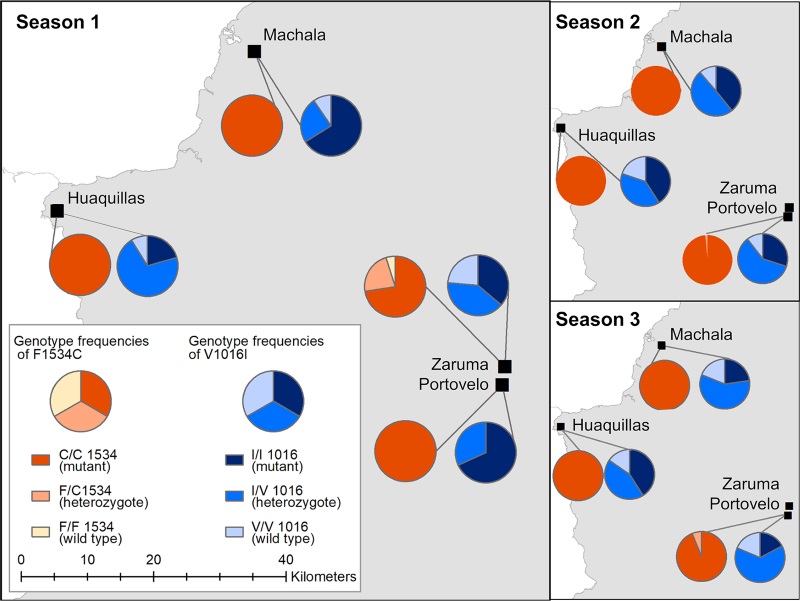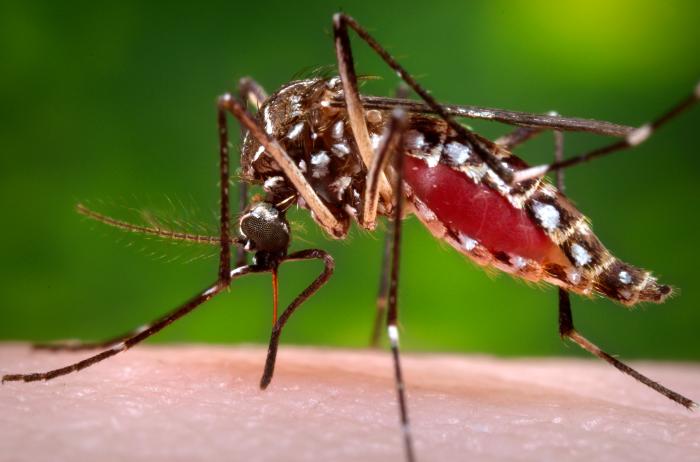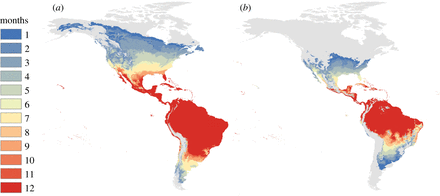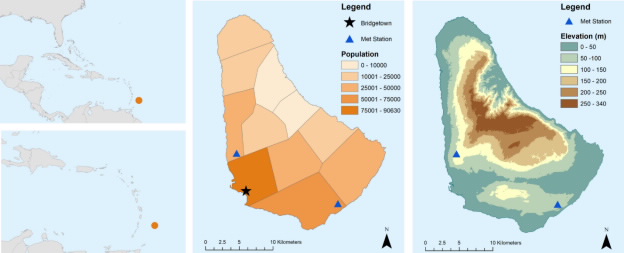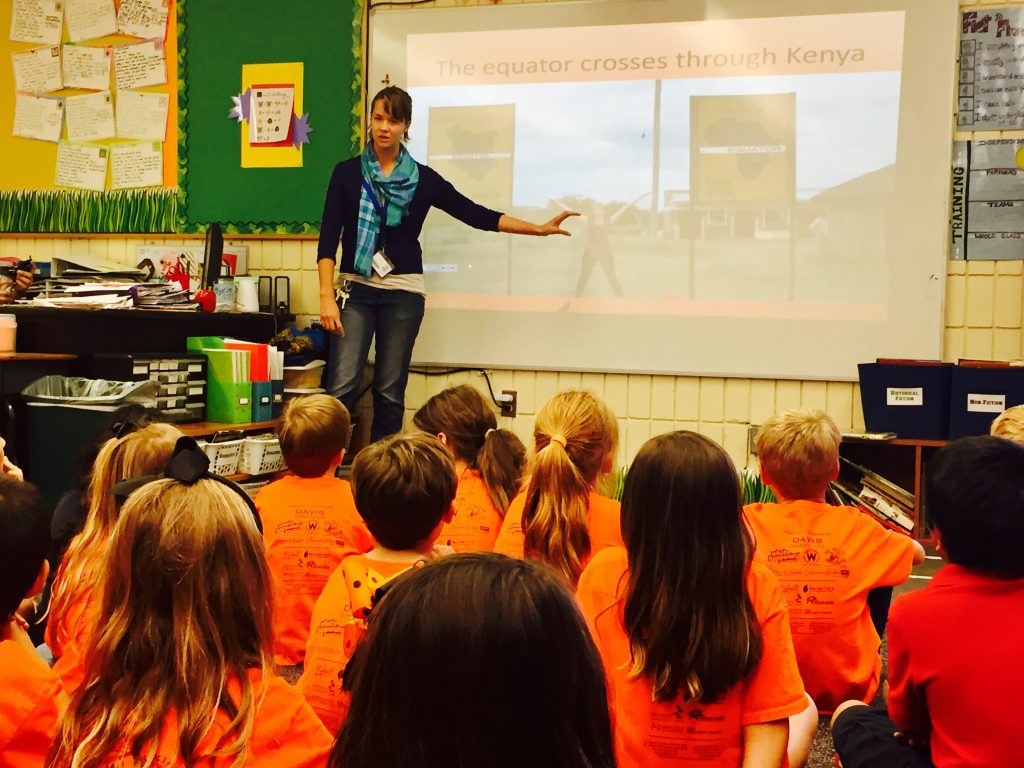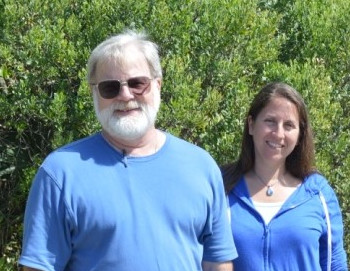EPI Research Day 2024
UF Geography was well represented at this year’s Emerging Pathogens Institute (EPI) Research Day. Simrik Bhandari, a first year Masters student working in the Quantitative Disease Ecology and Conservation (QDEC) lab, presented a poster on the spatial patterns of dengue incidence in Nepal. Gavriella Hecht, a second-year PhD student in the Quantitative Disease Ecology […]
